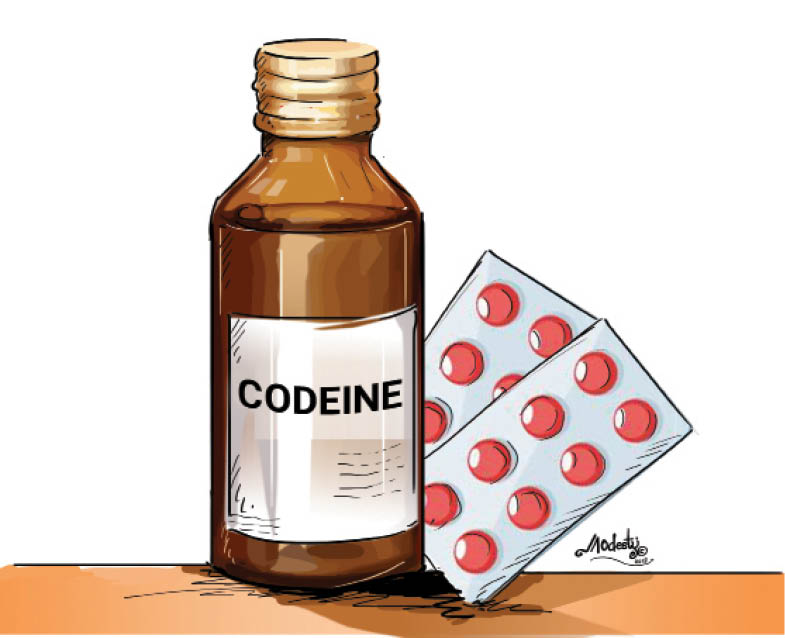Some Nigerians, especially those who need to buy drugs for one health condition or the other, have said they are encountering hardship in procuring drugs from out-of-pocket expenses as their prices continue to increase.
The rising price of drugs in Nigeria has been linked to the non-production of pharmaceutical raw materials in drug-producing countries such as China and India. It was gathered that about 60 per cent of imported drug products being circulated in the country are from India.
- Abductors of Jangebe schoolgirls behind Tegina students’ kidnap
- Experts warn of anarchy as IPOB locks down South-East
With a total of over 27 million COVID-19 cases and 310,000 deaths in India as at May 25, 2021, the companies producing pharmaceutical raw materials have been temporarily shut.
Research shows that Nigeria, an import-dependent country, does not manufacture pharmaceutical raw materials locally, rather, the country imports raw materials and produce for its citizenry.
A resident, Mrs Funmi Oladimeji, told our correspondent that she spent close to N10,000 in the last two months managing infections and malaria. She said the prices of drugs are on the rise and it has become difficult to pay for drugs out-of-pocket.
The Chairman, Pharmaceutical Wholesalers and Distributors Association of Nigeria (PWDAN), Ernest Okafor, urged the federal government to invest in the petrochemical industry and the energy sector to encourage local production of pharmaceutical raw materials.
“Now that COVID-19 is seriously ravaging the country, we cannot even call our Indian partners for products. They won’t answer you because they are not operating right now. That is why I said whatever affects that region will definitely affect Nigeria, not to talk of the scarcity of active pharmaceutical ingredients.
“Instead of giving incentives to manufacturers, what the government should do is put resources together to build a petrochemical industry as well as electricity,” he said.
Okafor said Nigeria needs to locally manufacture starch and binding agents, adding that finance, insecurity, government policies, access to market are the challenges pharmaceutical distributors and importers are experiencing in Nigeria.

 Join Daily Trust WhatsApp Community For Quick Access To News and Happenings Around You.
Join Daily Trust WhatsApp Community For Quick Access To News and Happenings Around You.


